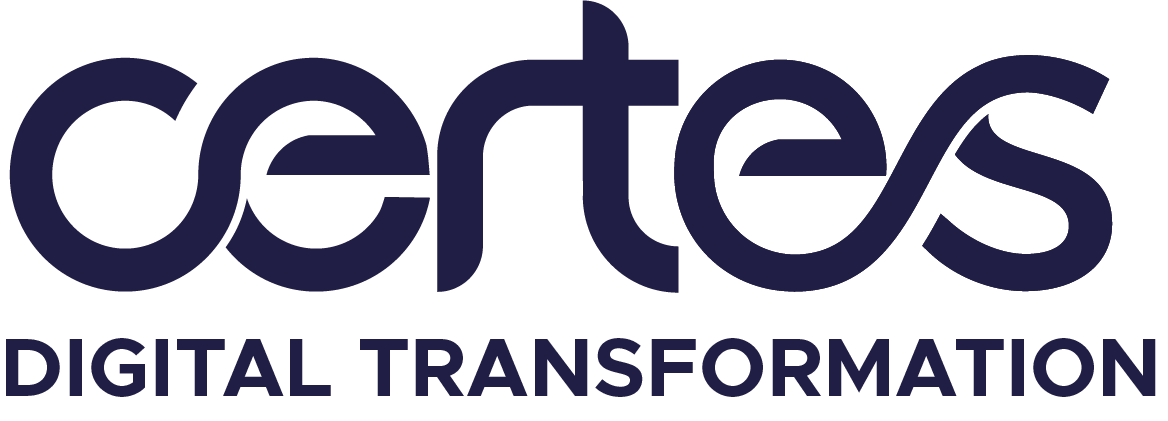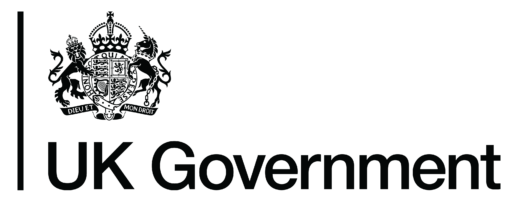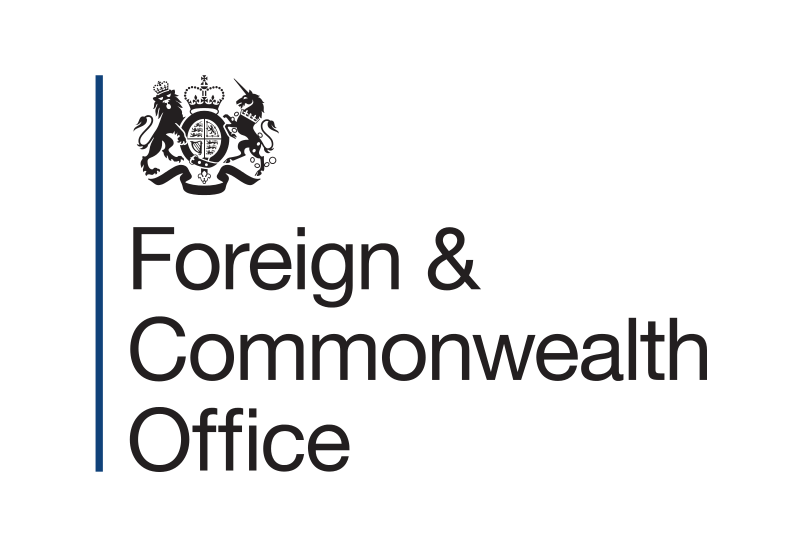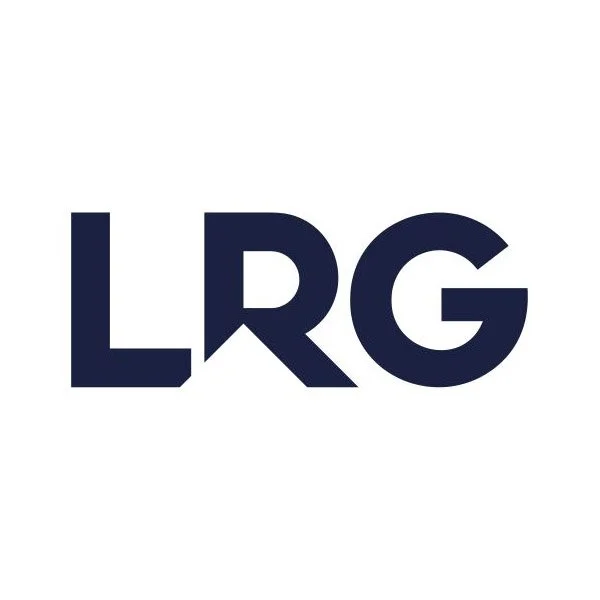
Are Employers Missing Out on Top Talent Because of a Benefits Gap?
As UK businesses compete for skilled workers in an increasingly tight labour market, new research reveals a growing disconnect that could be costing them dearly. According to a report from hiring platform Totaljobs, employers risk missing out on top talent due to a misalignment between the benefits candidates value and those being promoted in job adverts.
The study, which analysed over 17.5 million job postings across 23 industries and surveyed 3,000 UK workers, highlights a significant "benefits gap" – one that may be deterring applicants even before they hit 'apply.'
Salary Still Matters – But It's Not the Whole Picture
Unsurprisingly, salary remains a top driver in job-seeking decisions, with 72% of candidates naming it as a primary factor. However, the research also underscores a shifting mindset: benefits are increasingly influencing candidate choices. A striking two-thirds of respondents said they would forgo a pay rise in exchange for flexible working hours, making it the most sought-after benefit in 2025.
Despite this, only 13% of job adverts mention flexible working – a startling contrast to the 41% of jobseekers who see it as a must-have. This highlights a critical blind spot in recruitment strategies.
“Benefits are just as important as salary in attracting and retaining candidates, especially given two-thirds would forgo a pay rise for their top desired benefit,” said Natalie Matalon, Chief People Officer at Totaljobs.
The Invisible Benefits
The research also uncovers other notable gaps:
-
Enhanced Sick Pay: Valued by 26% of job seekers, yet included in only 4% of job ads.
-
Learning and Development: A priority for 22% of candidates, but mentioned by just 14% of employers.
-
Health and Life Insurance: Important to over 20% of applicants, but listed in just 6% and 8% of postings, respectively.
-
Mental Health Support: Desired by 17% of workers, but highlighted in only 11% of listings.
These disparities suggest that employers either aren’t offering these benefits or, perhaps more worryingly, are failing to promote them effectively.
Why It Matters
The labour market continues to evolve, with more workers seeking purpose, balance, and security, not just pay. As economic pressures rise and labour shortages persist, employers must do more than compete on salary alone. Nearly a quarter (24%) of UK employees say they are dissatisfied with their current benefits package, indicating a wider industry issue that’s ripe for change.
“Showcasing your full spectrum of benefits is crucial to better recruitment efforts,” Matalon said. “Employers should also regularly audit their offerings against those of their competitors.”
Failing to do so, she warns, may lead to missed opportunities and a diminishing talent pool.
The Way Forward
To close the benefits gap, experts recommend:
-
Auditing current benefits offerings against competitor standards and industry trends.
-
Making benefits more visible in job adverts, or linking to a detailed benefits page.
-
Updating recruitment strategies to reflect what job seekers actually want.
-
Investing in flexible work policies and wellbeing initiatives as key differentiators.
Ultimately, job seekers are speaking loud and clear: benefits matter. And if employers want to attract and retain the best people, they’ll need to listen.
In today’s competitive hiring landscape, clarity, transparency, and empathy in benefits communication could make all the difference between securing a star candidate or losing them to a better offer elsewhere.


















